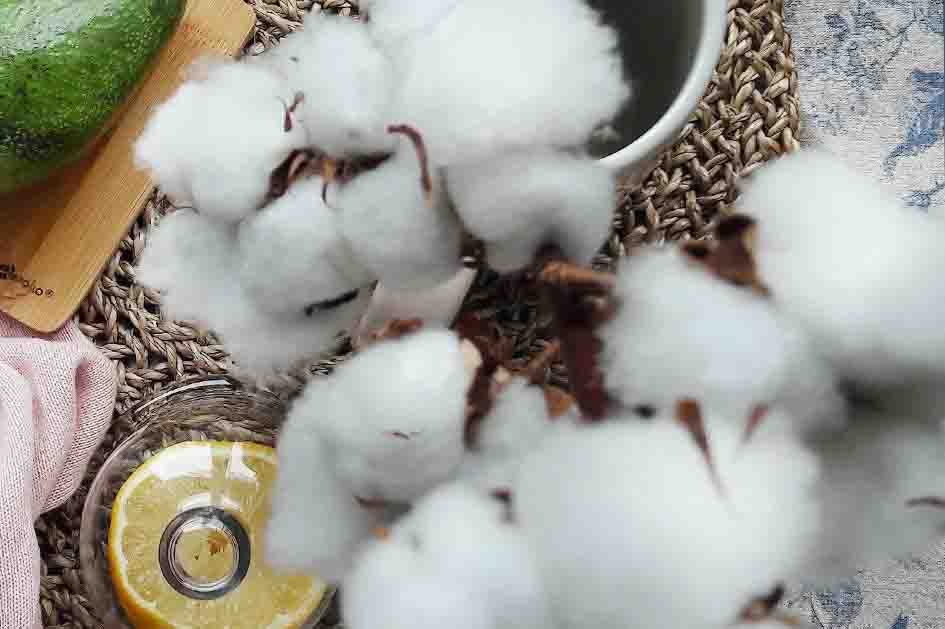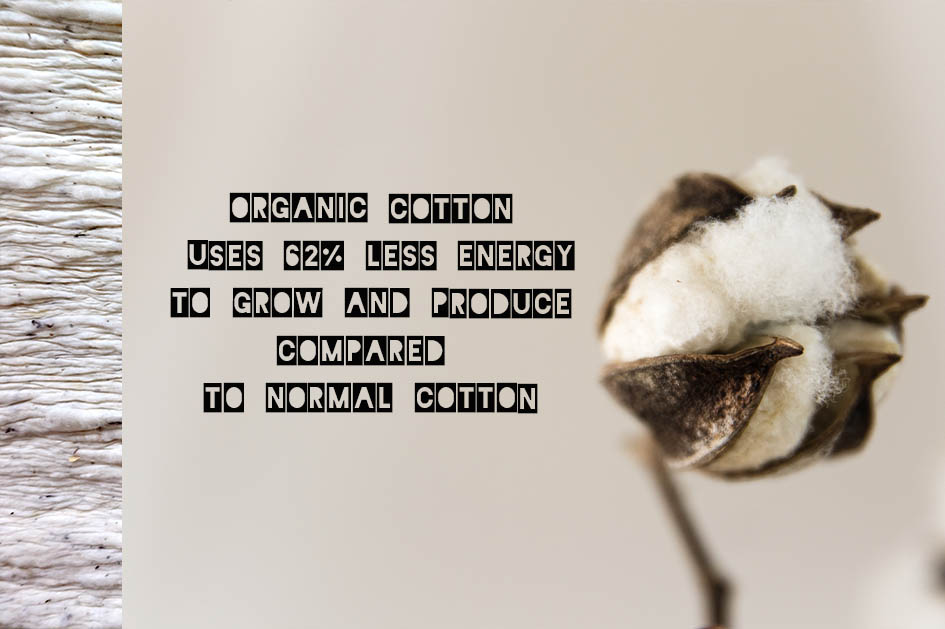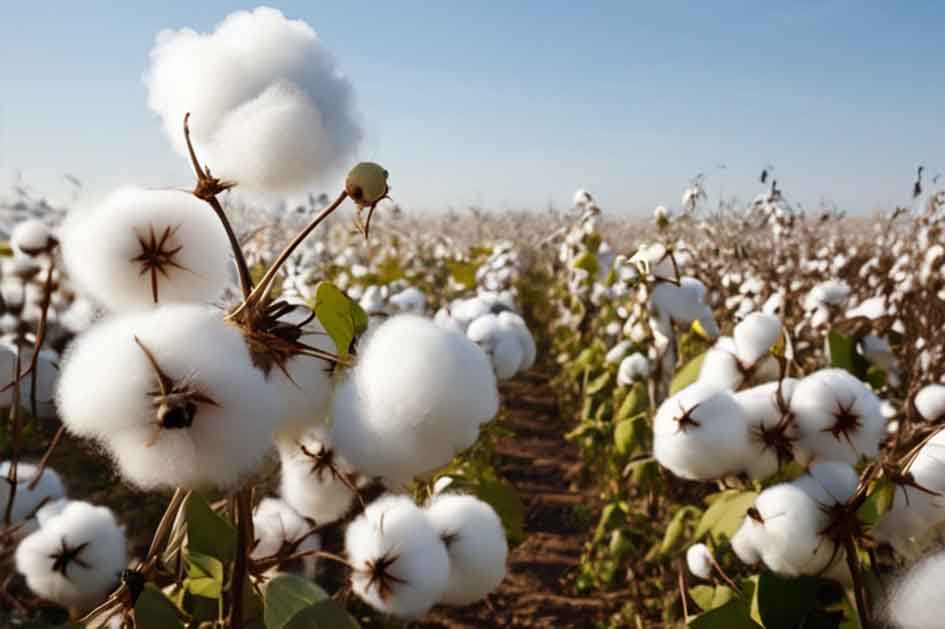
Organic Cotton: The Sustainable Choice for a Greener Fashion
Organic cotton is one of the most natural fabrics available.
Returning to our roots and practicing organic farming has become an important pillar in promoting sustainable fashion and sustainability.
Unlike conventional cotton production (also known as “the world’s dirty cultivation”), organic cotton requires avoiding the use of chemical substances.
This means that chemical fertilizers and herbicides are prohibited.
The biggest challenge is manual removal of weeds as producers cannot use harmful chemical substances.
The absence of such substances reduces soil, water, and air pollution.
Additionally, farmers who grow cotton enjoy better working and health conditions, avoiding exposure to harmful substances.”

FASHION FACTs
about cotton
Organic fashion, which incorporates the use of organic cotton, signals a shift in our approach to the fashion industry.
The production of this cotton constitutes around 1-1.5% of the global output, with India being the source of roughly 80% of it.
Research shows that a significant portion of the cotton procured from India fails to meet the standards for organic cultivation.
As a result, major apparel corporations have gradually been withdrawing from the Indian cotton market, leading to a significant shortage of authentic organic cotton in the market.
The scarcity of genuine organic cotton, stemming from the situation in India, has caused prices to rise sharply.
In light of the controversy surrounding clothing brands that used so-called “fake” organic cotton, these companies are now exercising heightened caution and conducting their own inspections.
Numerous certifications exist for sustainable and ethical cotton, determining whether the cotton was cultivated without the use of chemicals or mechanical harvesting and processed without the inclusion of chemical substances.
When making purchasing decisions, it’s important to consider such certifications, ensuring that products meet the criteria for quality, environmental sustainability, and social responsibility.
Despite the myriad of benefits associated with organic cotton, it is imperative to also assess the potential drawbacks.

Reduced Yields:
Organic cotton farming frequently yields less compared to conventional methods due to the increased time and attention demanded by organic practices.
Moreover, producers might face disadvantages due to the absence of subsidies and protection against natural disasters.
Utilization of Potentially Harmful Natural Pesticides:
While chemical insecticides are avoided, plant-based alternatives may be employed when needed, potentially posing environmental risks.
Cotton is inherently susceptible to pests and diseases, which can curtail both production quality and quantity.
Water Consumption in Manufacturing:
A major environmental concern pertains to water usage for irrigation.
In regions like India, water is a precious resource.
Rain-fed cultivation proves the most water-efficient for cotton, yet it’s uncertain whether the cotton in question required additional irrigation.
Certification Necessity:
Gaining organic product certification from independent entities is crucial for verification. However, this procedure can prove complex and costly for producers.
Elevated Expenses:
Items crafted from organic cotton generally come at a higher cost compared to those fashioned from conventional cotton. This price difference arises from the constrained production and escalating demand for organic goods.”

“Is it always better to buy organic cotton?
Organic fashion not only proves less detrimental to the environment but also safeguards the well-being of workers.
However, the ultimate choice hinges on the supplier you opt for, the cotton’s origin, and the cultivation techniques employed—such as the country, farm, and supply chain involved.
Numerous factors come into play in its production.
The cotton’s quality is notably influenced by its geographical location.
The specific field of cultivation, the methods applied, and the production process all hold significant sway.
Embracing organic fashion stands as an excellent decision when accompanied by robust organic farming practices. These include substituting natural pesticides and fertilizers for synthetic chemicals and employing natural cotton seeds instead of GMO seeds.
Organic cotton fashion marks a paradigm shift in our perception of fashion.
While choosing cotton over conventional materials is a step in the right direction, it remains pivotal to ascertain its certification across various production stages.
Cotton extends beyond being a mere fabric; it shapes our fashion sensibilities and our coexistence with the planet.
Every garment we don and each purchasing choice we exercise can contribute to forging a more promising future for both fashion and our planet.
Check this out :
https://organiccotton.com.gr
You may also like
The fabric trends for Autumn-Winter 2024-2025
The fabric trends for Autumn-Winter 24-25 underscore a strong focus on sustainability and solutions


